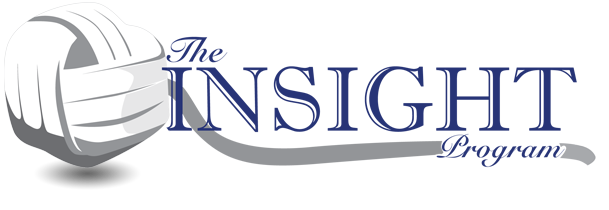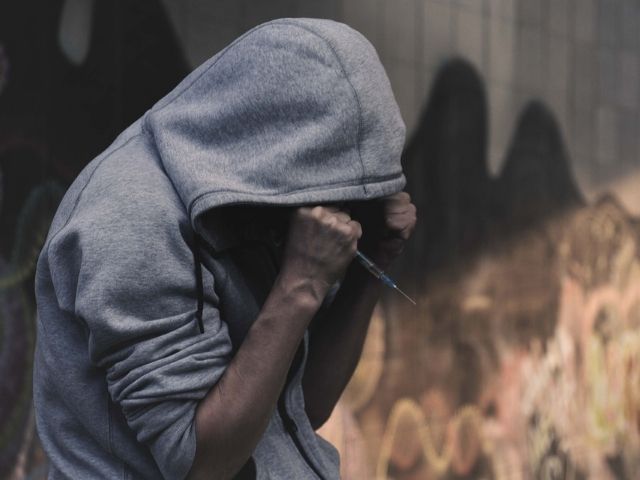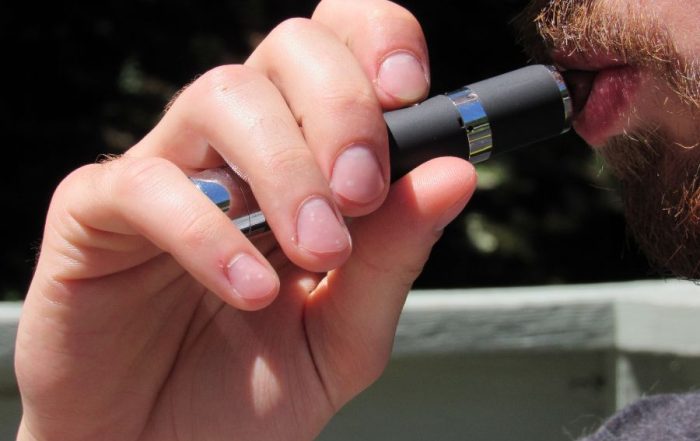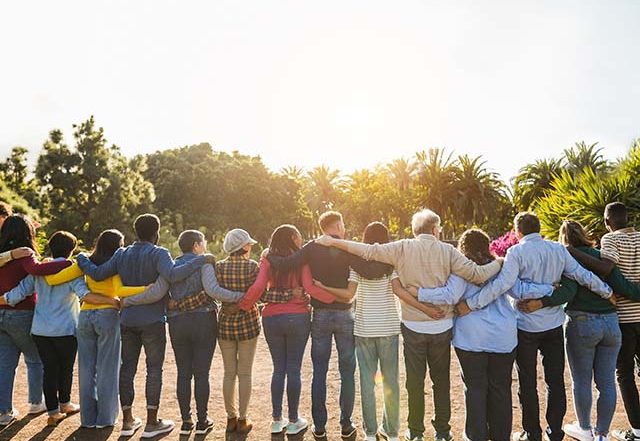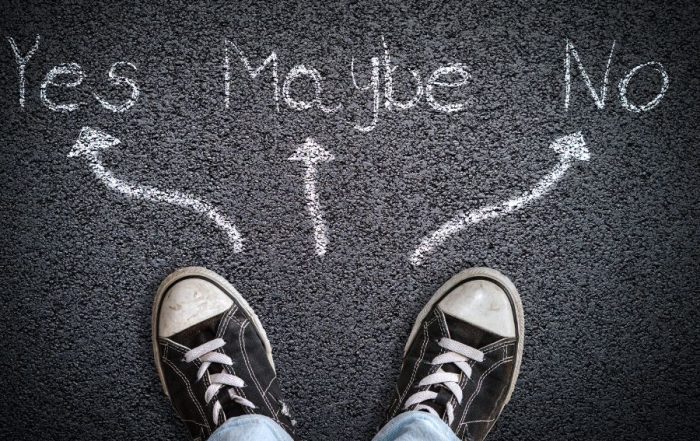Is Relapse A Part Of Recovery?
Many of us who have been either in recovery or around the drug and alcohol recovery world for a time have heard it repeated: “relapse is a part of recovery.” This is a phrase that has circulated around addiction treatment for decades. Just what is meant by this phrase? It is meant to help people to not become discouraged when an addict or alcoholic experiences a slip. However, this way of thinking can also be used to rationalize a conscious decision to go back to active drug or alcohol abuse. Because the terminology can be somewhat ambiguous, what should someone do when a “relapse” occurs? What is the appropriate way to react? There can be a fine line between support and enabling consequently any loved one of an addict or alcoholic needs a lot of support.
Defining the Term Relapse
The terms “relapse” and “slip” are thrown around a lot. Let’s look at the definition of the word relapse:
To suffer deterioration after a period of improvement. (Oxford Dictionary)
A recurrence of symptoms of a disease after a period of improvement. (Merriam-Webster)
In the 12-step recovery world, the term relapse is often used to denote a user returning to full-blown drug or alcohol use, whereas a slip is a middle-ground term to signify someone who used once and returned to recovery shortly thereafter. Obviously, the goal in 12-step recovery is abstinence. While neither are particularly desirable outcomes, they are both fairly common, and they are both opportunities for learning experiences. The National Institute on Drug Abuse’s resource on questions about addiction recovery and relapse is quick to point out:
“Does relapse to drug use meant treatment has failed? The chronic nature of addiction means that for some people relapse … can be a part of the process … Relapse rates for drug use are similar to rates for other chronic medical illnesses. If people stop following their medical treatment plan, they are likely to relapse.”
The resource also compares risk of relapse for substance use disorders (40-60%) to those of other chronic illnesses, such as hypertension (50-70%) and asthma (50-70%). Turns out, relapse rates for substance use disorders is actually lower than many other chronic illnesses!
Why do drug users relapse?
A simple way to understand relapse is to remember that a person who is new to recovery has depended on a chemical fix for an extended period of time. For them, substance abuse has become the normal way to live. It is the default response to any aspect of life, positive or negative (in fact, drug users will even sometimes relapse when things are good).
An addict uses drugs and alcohol to enhance good feelings as much as attempting to escape emotions that are uncomfortable. It is a major shock to the system to approach day-to-day life abstinent from all mind-changing chemicals. In early recovery when emotions start to rise to the surface the newly sober drug abuser can become overwhelmed. Almost always, the former user’s first thought will be to use drugs.
Obviously, it is best for them to utilize their recovery tools to work through their feelings, which calls into importance the last part of NIDA’s quote above: “If people stop following their medical treatment plan, they are likely to relapse.”
But when the opportunity to use comes up and is acted upon a drug abuser will either admit the mistake and move forward or become discouraged and continue to use. Whether or not this is considered a relapse depends on the reaction of the user. When a person relapses and is able to continue his program of recovery this can be very positive. After a short period of sobriety, the positive payoffs of drugs and alcohol tend to fade. This contrast between using and recovery becomes dramatic. In this sense, relapse is a part of recovery.
Why relapse doesn’t have to be a part of recovery
The 40-60% relapse rate mentioned by the National Institute on Drug Abuse seems to be the de facto statistic quoted in reference to drug and alcohol treatment success. At face value, it’s a grim statistic: if a person was putting their life in danger by using drugs or drinking alcohol, it seems as though a simple coin toss will determine whether or not they return to use. However, we’d like to point out some often overlooked elements of this statistic.
First, if 40-60% of drug users relapse, then that means that 40-60% of users don’t relapse. For some reason, nobody brings that up where the topic of relapse is concerned. Many sources will use the term “inevitable” when discussing relapse and recovery. That’s a pretty bold word to use when around half of people who go through treatment don’t relapse (assuming the NIDA statistic is correct).
Second, the statistic doesn’t take into account people who relapse and then return to treatment six months later. For some reason, this little detail gets overlooked – relapsing and slipping can and should be considered a learning experience. If a user relapses, can they determine what went wrong? There’s some valuable relapse prevention information hidden somewhere in their experience, if they’re willing to honestly look for it. Many times in 12-step meetings we’ll hear statements like, “If it hadn’t been for that relapse, I wouldn’t be here today!”
Whether that statement is true or not is impossible to determine – but the important part is that for that person, the relapse experience was so impactful that they believe it saved their life.
How to prevent a relapse
While it’s true that some people do relapse, we also believe it is almost always avoidable. I’m reminded of an old recovery proverb:
The fool doesn’t learn from his mistakes,
The smart person learns from his mistakes,
And the wise person learns from the mistakes of others.
It’s true that addicts and alcoholics can be a stubborn bunch. But I would posit that for those who did not relapse, it’s because they chose to be wise and learn from the mistakes of others. It doesn’t take long sitting around the recovery table to hear some harrowing stories of relapse that didn’t turn out so well for the user. Some common mistakes we hear over and over:
- Not calling a sponsor or a friend in recovery when thinking about using
- Not completing the next step in their recovery process (such as writing an inventory)
- Allowing small, emotional hurdles to build up over time and overwhelm the newly sober individual
- Not using basic recovery tools, such as prayer or meditation
- Skipping regular meetings
- Avoiding service work or sponsorship
- Allowing a romance or new job to become the “number one” priority over the individual’s recovery
While there are many, many more suggestions that could help someone avoid a relapse, we would submit that the biggest, bang-for-the-buck suggestions would be to practice the opposite of the mistakes above:
- Call a sponsor or a friend immediately upon having thoughts of using (don’t try to do the steps without a sponsor!)
- Complete all 12 steps as honestly as you can!
- Go to regular meetings!
- Get into service work as early as possible. This suggestion is general because there are so many ways to do this. If you don’t know how to get started, ask your sponsor!
- When you enter into a new romance or job, get experience from others in recovery on how to maintain your recovery as your main priority.
Hopefully it’s fairly obvious from the above statements, but we want to make it clear: whether or not we relapse is mostly in our control!
What to do after a relapse or slip
As stated above, relapses and slips do happen in recovery. We are not here to judge someone who does, as everyone in recovery is on their own journey. The Insight Program’s staff is mostly all in recovery – and many of them have their own stories of relapses and learning experiences.
A relapse is not the end, but it can be a good beginning. As soon as possible, we recommend:
Return to your source of recovery. It’s a scary moment, but your peers in recovery understand what you’re going through. The same goes for any counselors or therapists you may be working with. In 12-step recovery, we often say, “We don’t shoot our wounded.” People will be ecstatic to see you return!
Get honest with your sponsor, counselors, and peers. Tell them what happened. Relapse can be a confusing experience: “I thought I was doing so well!” Ask for help and allow others to help you decode the lessons in your experience.
Evaluate any changes you need to make. Have you been trying to do the 12 steps without a sponsor? A new counselor? Do you need a different home group? Do you need more home groups? Do you need to go through treatment again? Do you need more accountability from peers? Ask for what you need and make the necessary changes.
What parents and loved ones can do
Since we work mainly with adolescents and young people, we’ll direct this section to parents:
First, understand that it’s not something you did. Some parents struggle with this, and others don’t. Just understand that Al-Anon’s three C’s exist for a reason: You didn’t cause it, you can’t control it, and you can’t cure it. Drug addiction is a disease and it’s not personal.
Stay connected in your parent support groups. One person’s relapse is another person’s manipulation. One of the reasons it is so important for family members to be involved in an addict’s recovery is because of the need for accountability on all levels. No one can “keep” another person sober. However, when everyone is engaged in the recovery process the addict is less likely to see getting high as a viable option.
Evaluate (or re-evaluate) your walls and boundaries. The family has to make the decision that the rollercoaster ride of active drug and alcohol abuse is over. When an addict knows this wall exists and everyone involved is committed to recovery the decision to use again becomes much more difficult. Just like an addict in sobriety needs a sober peer group, parents and other family members thrive with support of an empathizing circle. Family members need counseling, guidance, and support. With the right kind of encouragement, the recovery process will continue for all involved.
So … is relapse a part of recovery?
As we’ve discussed, the answer to this question is … maybe. Really, it’s up to the user! In our efforts to stay sober, there are forces within our control and those not in our control. Whether we’re a drug user seeking recovery or a parent of a drug user, the important part is to focus on those aspects of our recovery that we can control. If you find that it isn’t (or wasn’t) enough, then re-evaluate. A relapse is not the end. If you’re anywhere in the Southeastern United States, we’d encourage you to set up a consultation with one of our drug and alcohol treatment programs, if needed. If not, then search for professionals in your area who can help – there are an abundance of them all over the country. We’ll leave you with possibly the most well-known prayer in all of recovery:
“God, grant me the serenity to accept the things I cannot change,
the courage to change the things I can,
and the wisdom to know the difference.”
